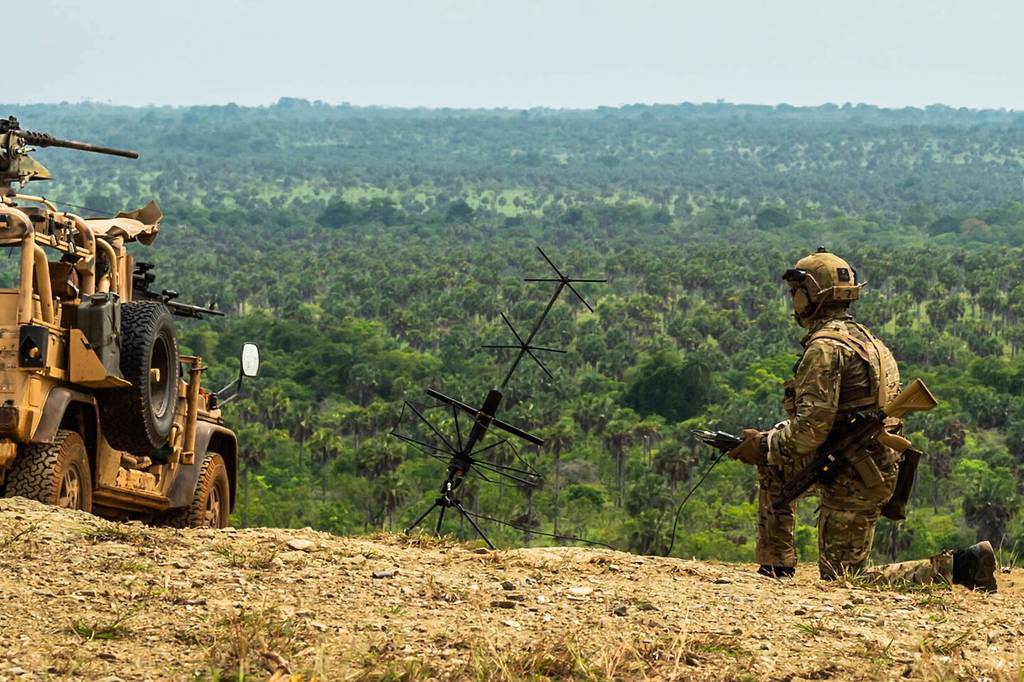STUTTGART, Germany — A team of space and telecommunications companies from across Europe have joined together to bid on the continent’s next-generation constellation of communication satellites.
An open consortium led by Airbus Defence and Space, Eutelsat, Hispasat, SES and Thales Alenia Space announced May 2 that they will jointly bid for the European Commission’s Infrastructure for Resilience, Interconnectivity, and Security by Satellite (IRISS, also known as IRIS2) constellation, intended to provide a more secure space-based communication system to the bloc by 2027.
The goal is for the system to support a wide swath of governmental activities, to include border surveillance, humanitarian aid support and secure communications for EU embassies and other key infrastructure, via a multi-orbital approach that would include systems in Low-Earth Orbit, Medium-Earth Orbit and Geosynchronous Orbit. The architecture also is meant to support commercial services, including mobile and fixed broadband satellite access and satellite access for transportation firms.
The European Space Agency (ESA) is leading the IRISS effort, aiming to bring an “unprecedented security level to its users” via quantum cryptography and enhanced cybersecurity capabilities, per the agency.
ESA officials issued a call for tenders on March 23. Interested entities had until April 26 to submit a request to participate, with an award decision expected in early 2024.
The contract is estimated to be worth about €6 billion ($6.6 billion) over the course of 12 years. EU funds already earmarked for the program include up to €380 million for development activities and up to €950 million for deployment and exploitation activities, according to the tender specifications outlined by the EU.
The space agency to deliver initial services from the IRISS constellation by 2024 and is targeting full operational capability by 2027.
The multinational consortium will also include telecom companies Deutsche Telekom, OHB, Orange, Hisdesat, Telespazio and Thales to support their bid. Additionally, the group is looking for start-ups, mid-capitalization companies and small-to-medium enterprises (SMEs) to join the group, “resulting in a more innovative and competitive European space sector where new business models will emerge,” according to an Airbus statement.
Vivienne Machi is a reporter based in Stuttgart, Germany, contributing to Defense News' European coverage. She previously reported for National Defense Magazine, Defense Daily, Via Satellite, Foreign Policy and the Dayton Daily News. She was named the Defence Media Awards' best young defense journalist in 2020.








